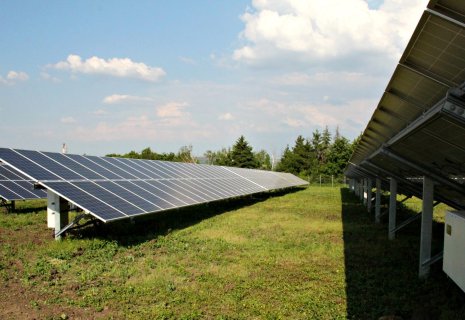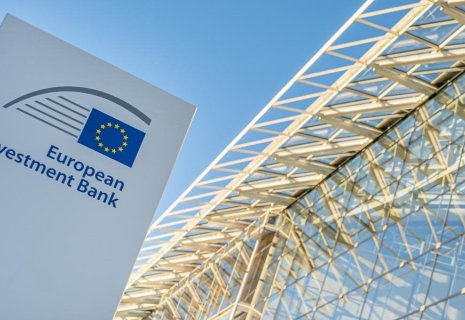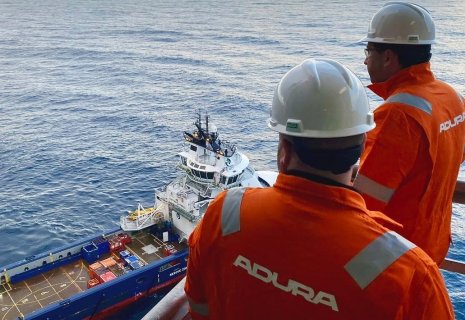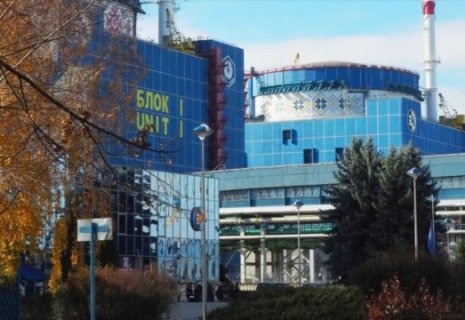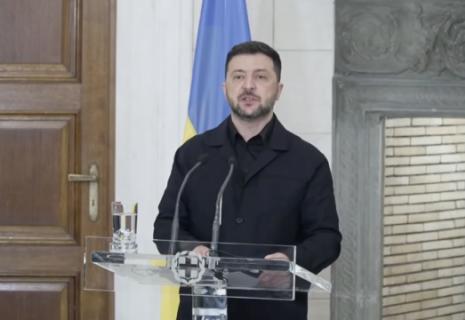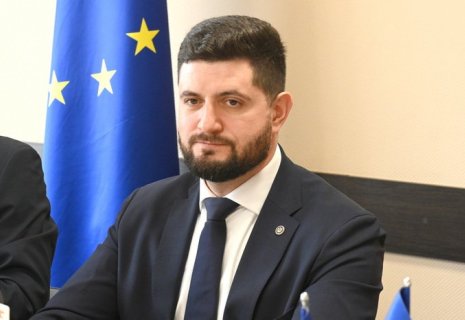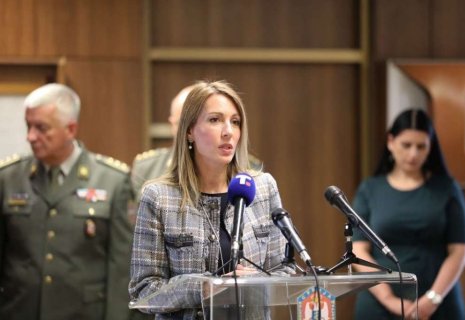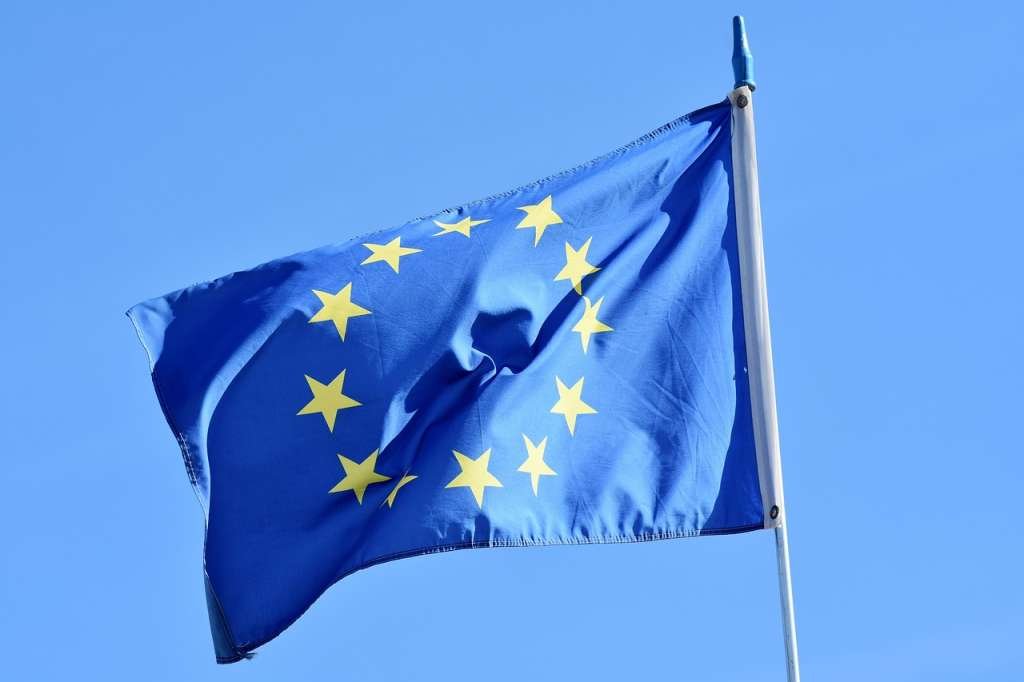
EU energy ministers back proposal to ban Russian gas imports
European Union (EU) energy ministers supported a proposal to ban the import of Russian gas, marking an important step toward reducing the bloc’s energy dependence on Moscow and speeding up negotiations with the European Parliament, CE Report quotes FENA.
“An energy-independent Europe is a stronger and safer Europe,” said Danish Energy Minister Lars Aagaard, who chaired the meeting of ministers.
He added that although significant progress has been made in reducing imports of Russian gas and oil, the process is not yet complete.
Reaching an agreement on a common position was essential for the law to be finalized through negotiations with the European Parliament, which already voted last week in favor of the ban.
Aagaard, who will be one of the main negotiators, said his goal is to conclude the talks by the end of the year.
According to the proposal, a permanent ban on the import of Russian natural gas — including liquefied natural gas (LNG) — would take effect no later than 2028.
The decision would be made by qualified majority, meaning that countries such as Hungary and Slovakia, which still rely on pipeline gas from Russia, could be outvoted.
Aagaard emphasized that the key point is the overwhelming support this initiative received from European energy ministers.
In parallel, talks are underway on introducing an earlier ban on imports of Russian LNG, as part of the EU’s new package of sanctions against Russia.
Although Russia’s share in the EU’s total gas imports has significantly decreased since the start of the war in Ukraine, data shows that Moscow still accounted for about one-fifth of total imports last year, with a growing share of LNG. In the first half of 2025, the EU imported Russian LNG worth nearly €4.5 billion.
Unlike the legislative process that involves the Parliament, sanctions can be adopted once all 27 EU member states reach consensus, allowing for faster implementation.
However, sanctions are by definition temporary and must be lifted after the end of the war in Ukraine, when the EU will no longer have grounds to penalize Russia.
The joint goal of banning both pipeline and LNG imports is to permanently end the EU’s energy dependence on Russian sources, reports DPA.
Foto/ Ilustracija

